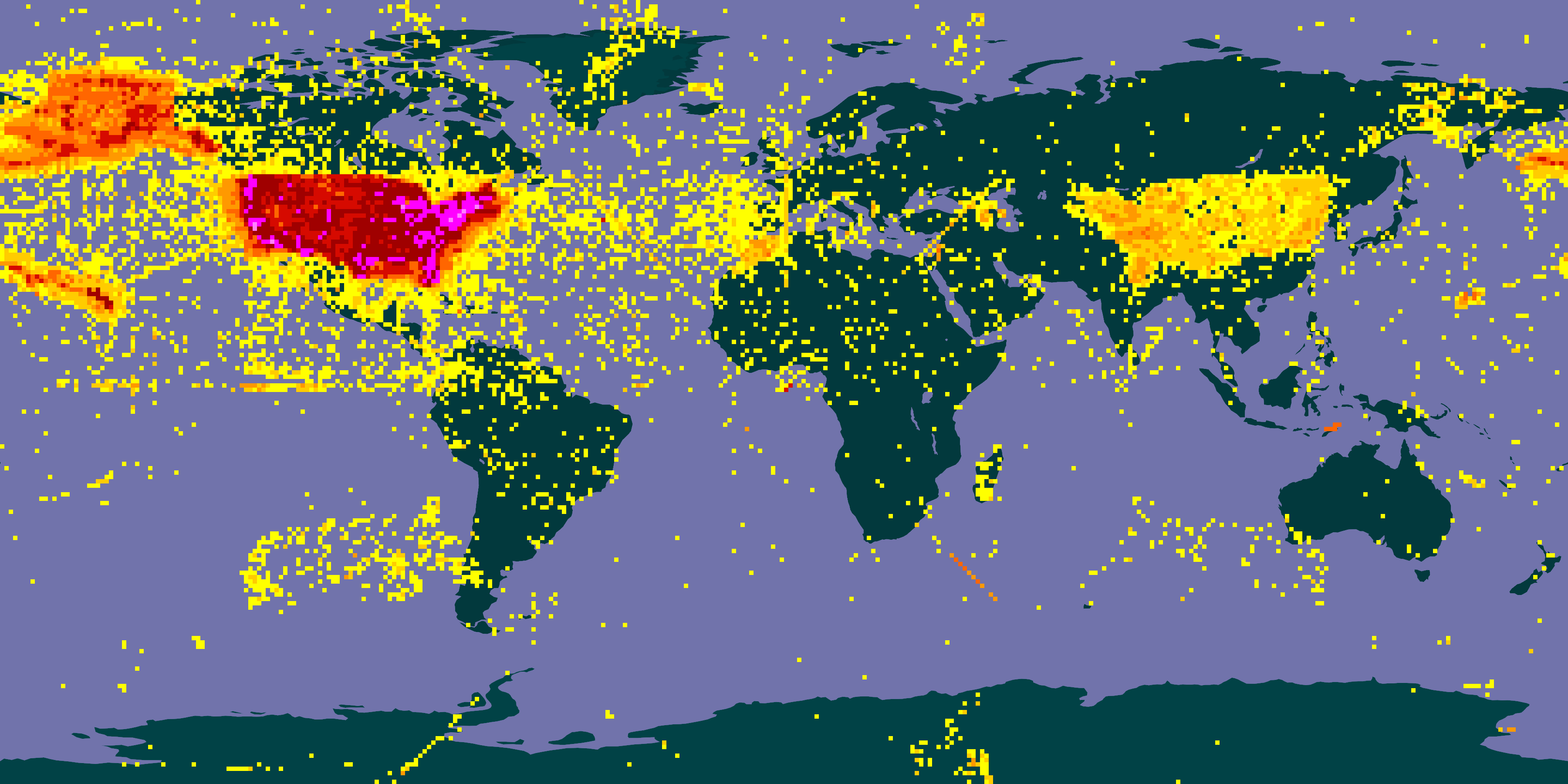Happens when close to the border + country has weird mirrored EEZ or territory. Seems like there should be away to buffer the country borders and find the most common weird mirrored areas...
users have found a few: https://github.com/gbif/portal-feedback/issues/3207 https://github.com/gbif/portal-feedback/issues/3264 https://github.com/gbif/portal-feedback/issues/3171


These records in the sea here are having coordinates flipped by GBIF incorrectly. Example Puma which is flipping due to the country being Argentina while our geocode (and google maps) would put it in Paraguay.
I don't know what the best thing to do here is, but what we do now is not good. We could consider not flipping coordinates but flagging them and omitting from maps as we once did, not flipping coordinates when the target is an island, machine tagging datasets to omit flipping... other ideas?